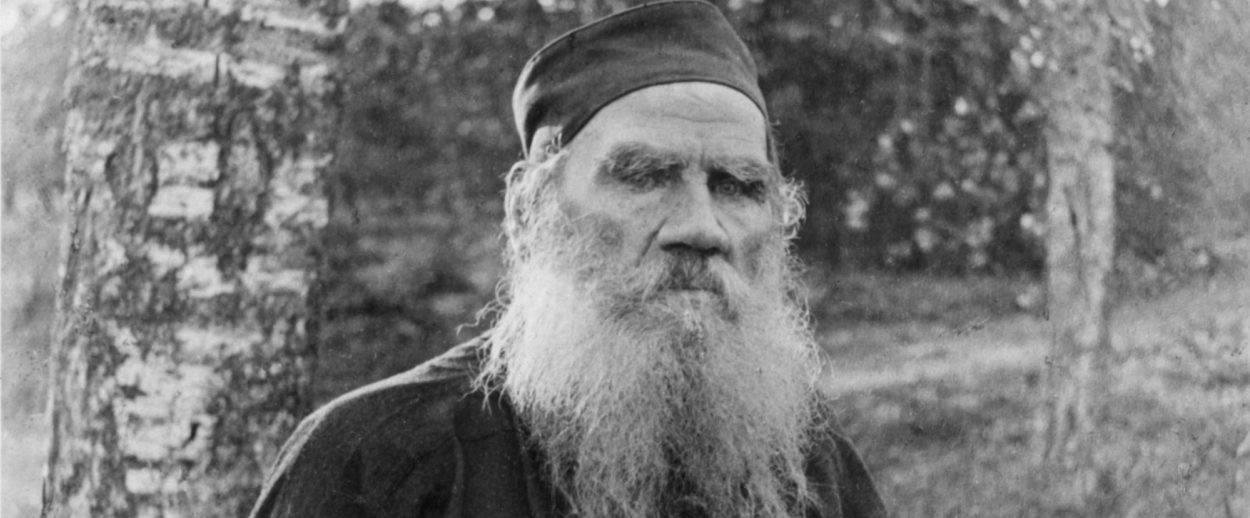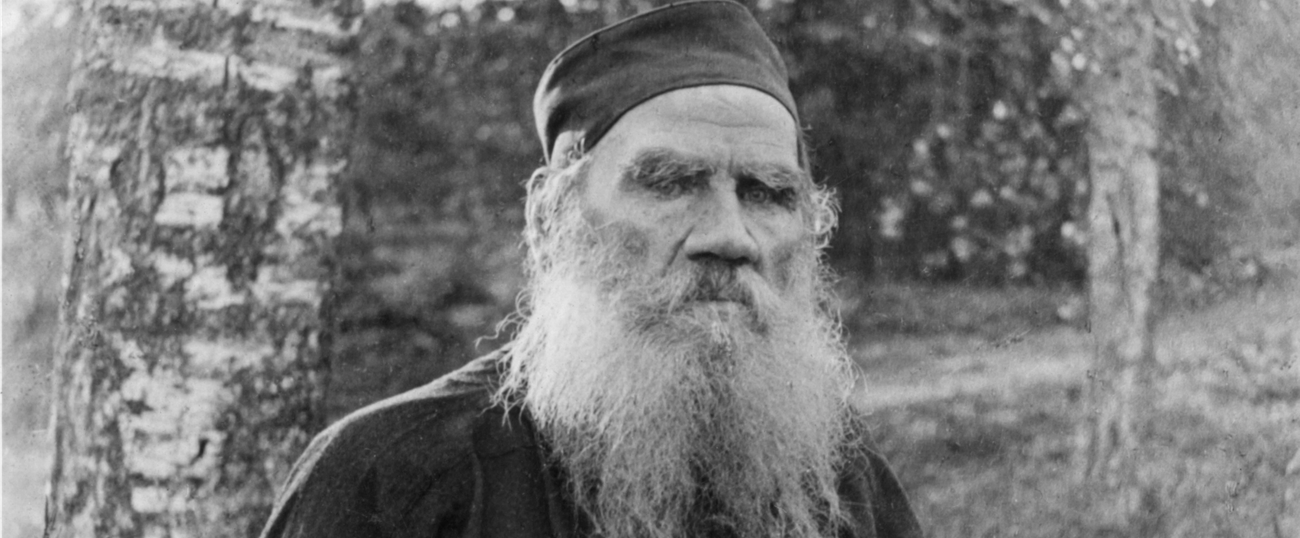Whence the Gogel Mogel?
From Tolstoy to ‘Alice in Wonderland,’ a mysterious Yiddish drink intrigues. But what’s in its name?




Wherever spring may lightly turn a young man’s fancy, flu season, like the one we are currently suffering, brusquely lurches a Yid’s yearning to a gogel mogel.
Transliterated, as are many Yiddish words and phrases, in a variety of ways (gogl mogl, guggle muggle), the pair of words refer to a venerated traditional Jewish cure (or, at least, symptom-reliever) for colds and the flu. The drink exists in non-Jewish Eastern European communities as well, but, at least in America, it persists mainly in Jewish kitchens.
To cut to the chase (or, perhaps better, the chaser), a gogel mogel is a savory concoction consisting of raw egg (salmonella alert!), a copious amount of sugar or honey, hot milk and slivovitz, whiskey, or vodka. It tastes better than it sounds.
Dr. Samuel Givon, an internal medicine expert of the Israel General Medical Service, says that research proves that a warm gogel mogel has an antibiotic effect, by widening the blood vessels in the throat and thereby bringing more blood and antigens to the inflamed area, hastening recovery. Not to wax overly cynical, but one imagines hot tea or coffee would have the same effect.
Whether or not the brew has any actual medicinal value, though, it can indeed render a patient less aware of his or her suffering, particularly if one doesn’t skimp on the final ingredient.
The origin of the nostrum’s name is shrouded in haze. There are claims that it is referenced in Tolstoy. But, although I never finished War and Peace, that strikes me as a bubbeh-mayseh (literally, “granny tale”–a fanciful notion).
And yet, in St. Petersburg , where Tolstoy spent part of his youth, right there on Stahanovcev St., 9a, flat 15, one can find a tribute to the drink in the form of the “Gogol-Mogol Hostel” – according to its website, a “really small, tiny hostel for 12 people only,” with a kitchen that is “equipped professionally (equipment includes dishes and plates, kettle, microwave, refrigerator) where everyone can cook whatever they like.”
“Kitchen,” moreover, the advertisement continues, sans definite article, “also functions as a living room, where you can… also watch TV, read books, communicate with each other.”
And presumably whip up, if needed, a nice gogel mogel.
Ah, yes, the name. It has been suggested that it might allude to Ezekiel’s prophecy about the war of Gog and Magog. While the flu can indeed put one in mind of the end of days, that theory seems a stretch.
Less stretchy but not quite convincing is the possibility that, considering that the folk medicine soothes a sore throat, the gogel part of the name is from “gargl,” the Yiddish word for a throat. (And the mogel part just a playful addition, like “salmonella shmalmonella.”)
But gargl is usually used to refer to the neck of a chicken, not a human. A person has a haltz, not a gargl. A fricassee is made with gargls. A sore throat is a haltz veitig, a “throat pain.”
And yes, the Yiddish word for a chicken neck is related to the English “gargle”; both derive from the Latin gula, “throat.”
In Through the Looking-Glass, Alice comes across a character shaped like the natural container of one of a gogel mogel’s ingredients. “How exactly like an egg he is!” she exclaims.
It may be sheer coincidence, but in the German translation of that Lewis Carroll classic, Humpty Dumpty’s name is changed. You guessed it: It’s “Goggelmoggel.”
Rabbi Shafran, whose latest book is “It’s All In The Angle” (Judaica Press), blogs at rabbiavishafran.com.